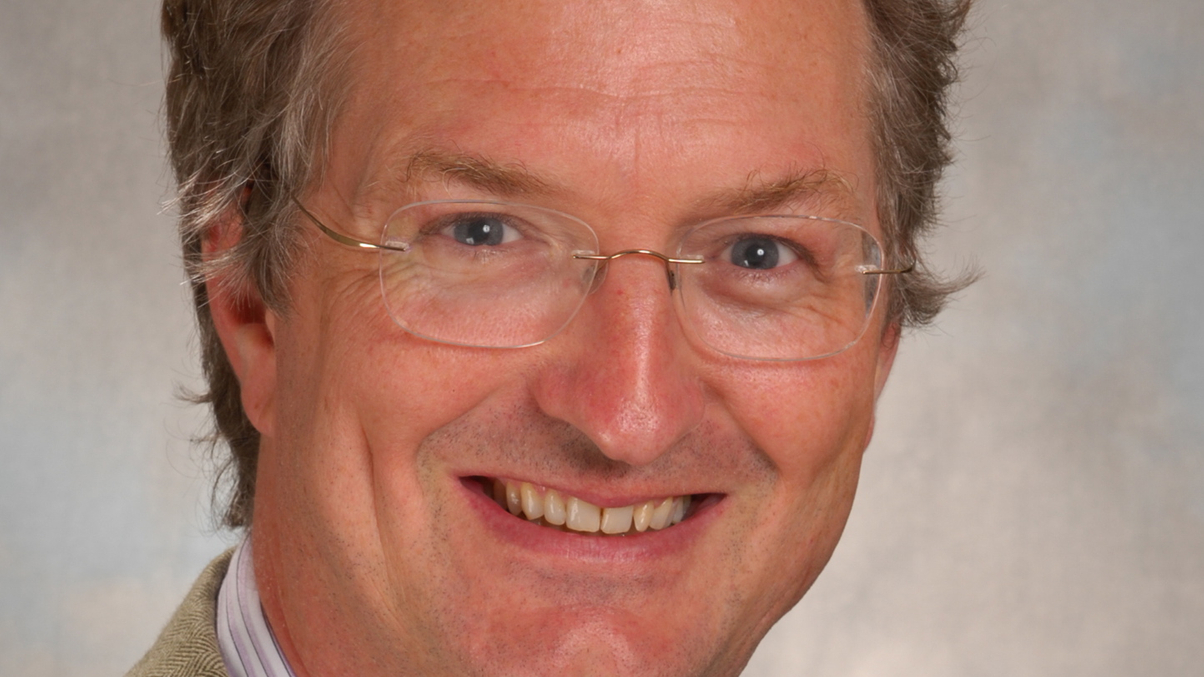EMs and Japan top GMO’s seven-year outlook
The S&P500 is expected to flatline, and China is “California on steroids”, says Edward Chancellor at GMO.

Edward Chancellor, Boston-based head of capital markets research and a member of the asset-allocation team at the $106 billion GMO, says the firm’s seven-year forecast has the S&P500 returning essentially zero returns on an annualised basis.
Sign in to read on!
Registered users get 2 free articles in 30 days.
Subscribers have full unlimited access to AsianInvestor
Not signed up? New users get 2 free articles per month, plus a 7-day unlimited free trial.
¬ Haymarket Media Limited. All rights reserved.


